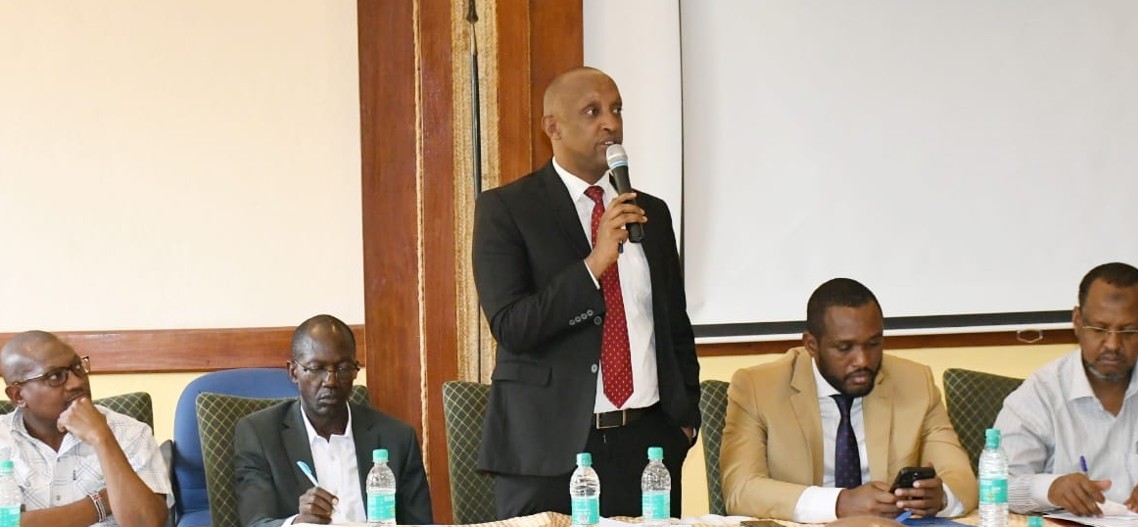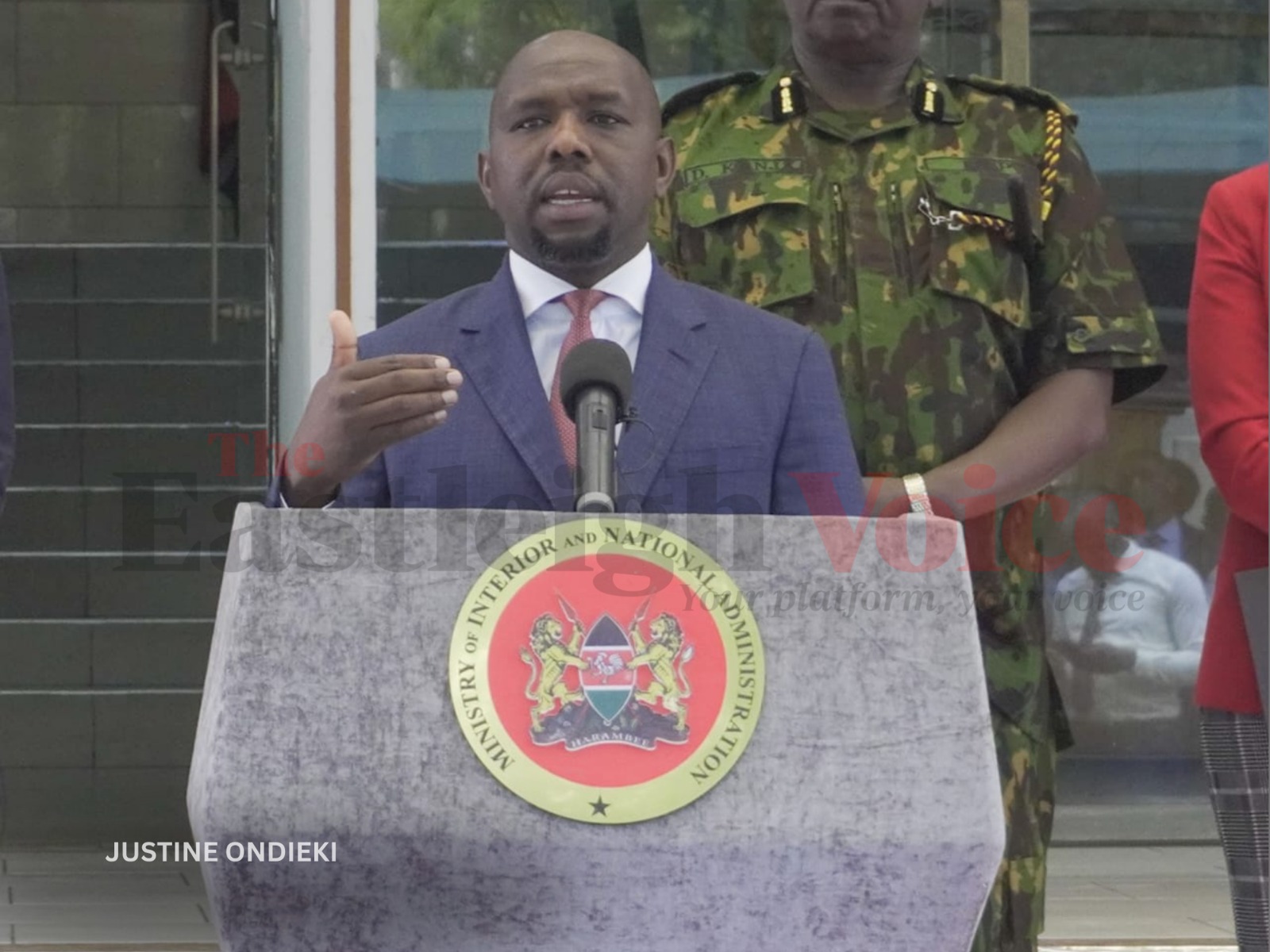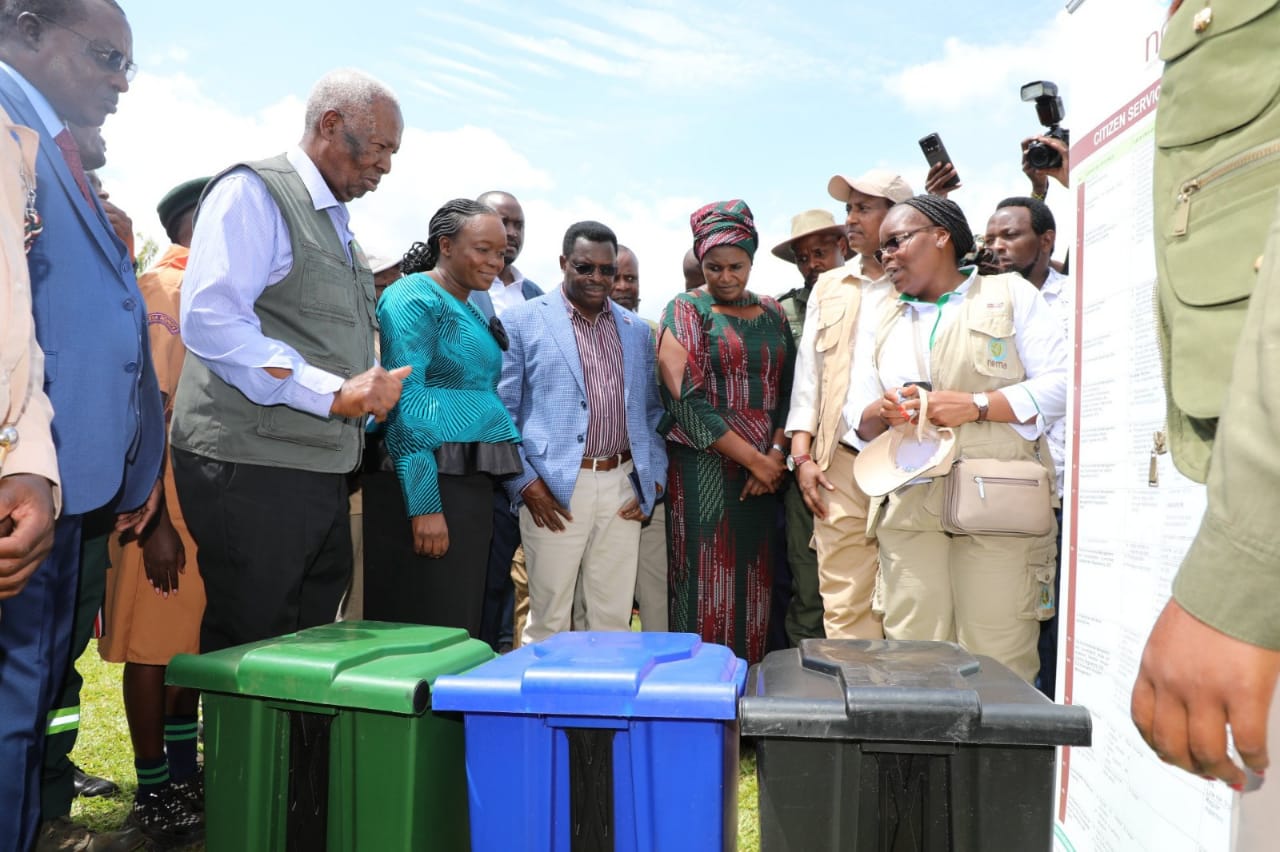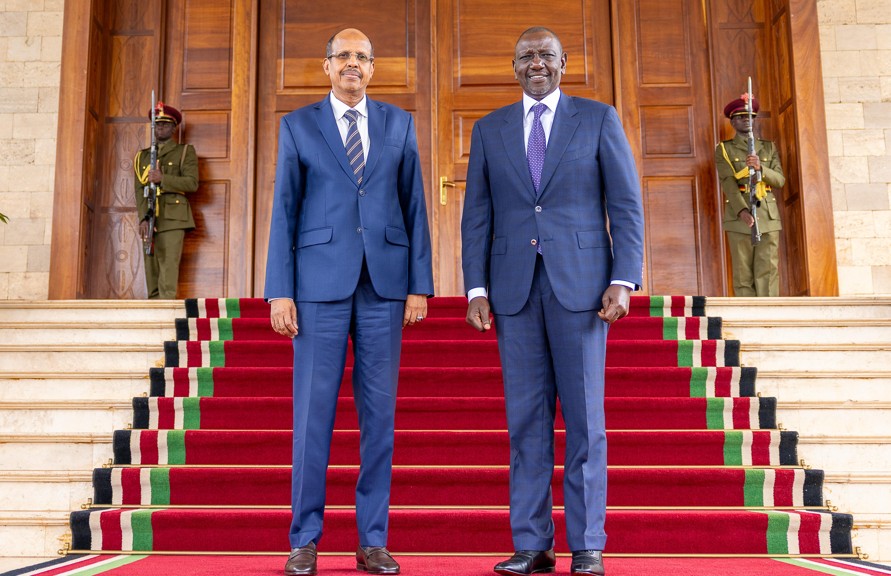Kenya secures Sh59.7bn Global Fund grants to combat HIV, TB and Malaria
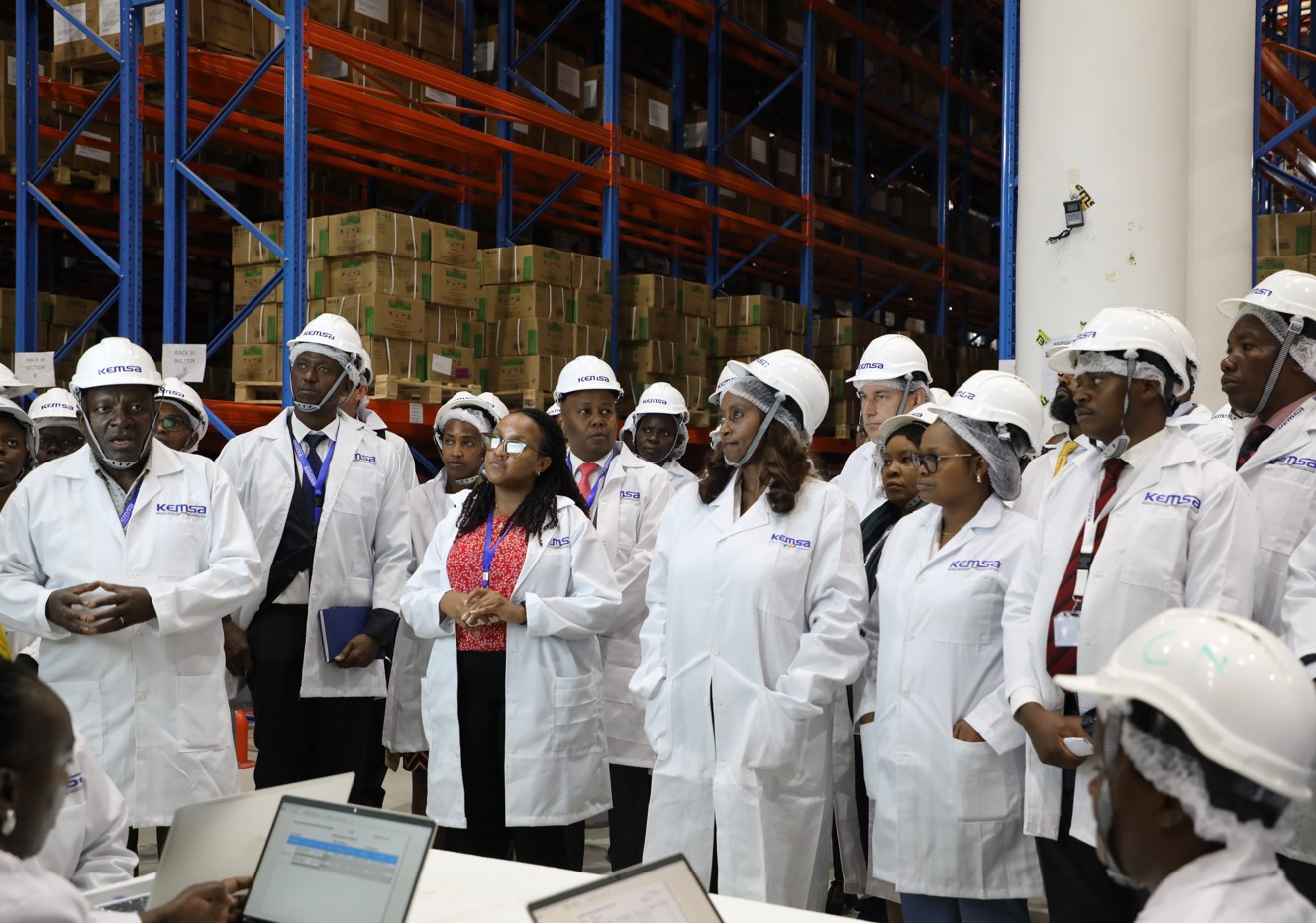
The grants which will be implemented over three years, are aimed at strengthening interventions against HIV, tuberculosis (TB), and malaria, as well as enhancing health and community systems nationwide.
Kenya's healthcare system has received a major boost after the Ministry of Health on Monday signed six Global Fund grants amounting to USD 407,989,068 (approximately Sh59.7 billion).
The grants which will be implemented over three years (July 2024 to June 2027), are aimed at strengthening interventions against HIV, tuberculosis (TB), and malaria, as well as enhancing health and community systems nationwide.
More To Read
- 45,112 employers face crackdown for failing to remit SHA deductions amounting to Sh21 billion
- Teenage mothers to receive free health services as government launches special health cards
- Health unions oppose new healthcare bill, accuse ministry of sidelining professionals
- FDA approves groundbreaking twice-yearly HIV prevention shot
- MoH flags surge in youth HIV infections, calls for stronger prevention strategies
- KEMSA announces temporary closure of distribution centres from July 1
The Ministry of Health in a statement highlighted that since 2003, the Global Fund support has helped the country achieve tremendous outcomes.
"The Global Fund is a partnership between governments, civil society, the private sector and people affected by diseases designed to accelerate the end of AIDS, Tuberculosis and Malaria epidemics globally," reads the statement.
The breakdown of the grants includes USD 232,580,654 ( Sh30 billion) for HIV, USD 72,934,665 (Sh9.4 billion) for malaria, USD 67,785,529 (Sh8.76 billion) for Tuberculosis, and USD 34,688,220 ( Sh4.48 billion) for health systems strengthening.
The ministry pointed out that the country has witnessed a substantial decline in new HIV infections, HIV-related mortality, and mother-to-child transmissions.
"There has been a remarkable decline in new HIV infections, HIV-related mortality, and mother-to-child transmission by 78 per cent, 68 per cent, and 65 per cent respectively," it said.
These significant reductions as said by the ministry are due to increased access to HIV testing, treatment, and prevention services at the community and facility level.
The ministry highlighted that the Global Fund has supported the procurement of commodities including Antiretrovirals (ARVs), HIV test kits, Condoms and Laboratory reagents.
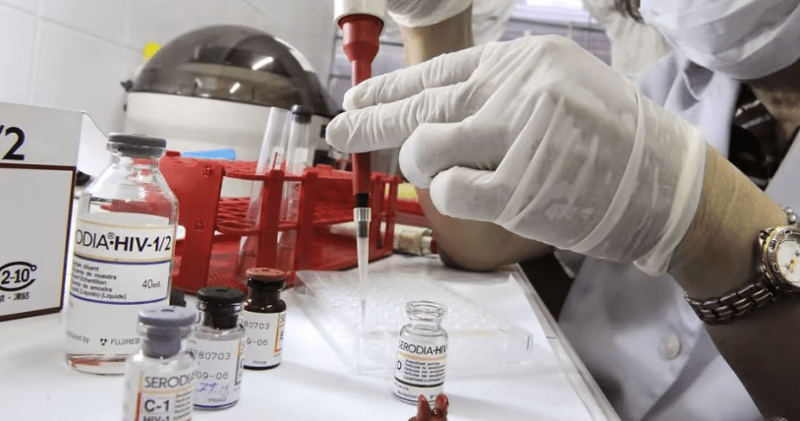 File photo of a medical technician conducting HIV screening test on blood serum samples. (Photo: AFP)
File photo of a medical technician conducting HIV screening test on blood serum samples. (Photo: AFP)
It has also supported programmatic interventions at both health facilities and the community levels.
Decentralisation of HIV services
Currently, nearly 1.4 million persons living with HIV are receiving lifesaving treatment at various facilities across the country. The progress is attributed to the decentralisation of HIV services and collaboration between government, development partners, non-state actors, stakeholders, counties and communities.
MoH said that Kenya has achieved an impressive treatment success rate of 86 per cent regarding tuberculosis.
As noted, the average positivity rate among TB presumptive cases declined from 7.35 per cent in 2021 to 5.6 per cent in March 2024 while the absolute number tested more than doubled from 245,902 in 2021 to 502,970 in March 2024.
The Global Fund has also partnered with the government and provided support for the establishment of 1,933 community health units, training of 18,500 community health promotors and 3,700 community health extension workers.
Similarly, strides have been made in combating malaria, with the national prevalence rate declining from 8.2 per cent in 2015 to 6 per cent in 2023.
The Global Fund's support has been instrumental in these achievements, investing in critical infrastructure like the KEMSA National Supply Chain Centre.
The facility will strengthen the supply chain for medicines and medical supplies, supporting primary healthcare services and enhancing emergency response capabilities.
The new Global Fund grants will continue to prioritise quality care and prevention services for TB, leprosy, and lung diseases.
The aim is to contribute significantly to achieving Universal Health Coverage through comprehensive HIV prevention, treatment, and care, while also targeting a 75 per cent reduction in malaria incidence and deaths by 2027.
Top Stories Today




